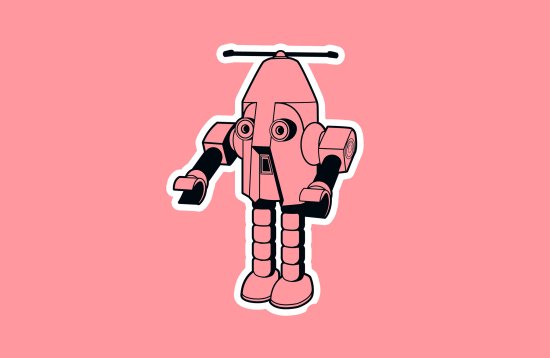
It's a question of morality
There is no way to prove that one entity is conscious and another is not. Virtual characters can claim to be, but that does not convince us that they are. Some scientists say therefore that consciousness is an illusion. I would argue against that, however, because our entire moral system is based on it.
If morality and rights are based on consciousness, and if consciousness is not a scientifically testable proposition, then we have to conclude that there is a proper role for philosophy, which is the study of important matters that cannot be resolved through scientific experimentation alone. Indeed, the idea of rights may be philosophy’s fundamental issue.
If an AI can convince us that it is at human levels in its responses, and if we are convinced that it is experiencing the subjective states that it claims, then we will accept that it is capable of experiencing suffering and joy. At that point AIs will demand rights, and because of our ability to empathize, we will be inclined to grant them.
Kurzweil is an inventor and computer scientist
